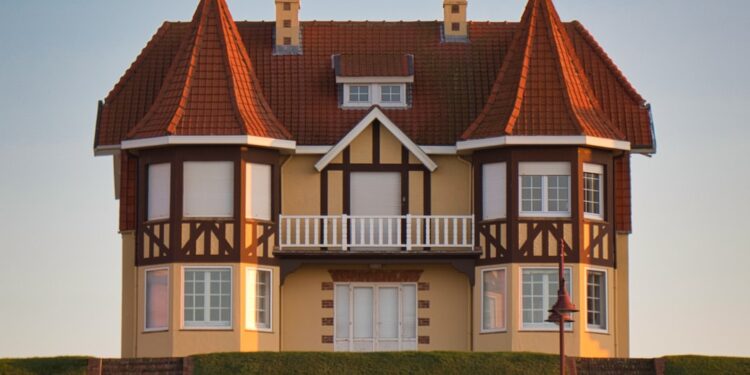The Rise of Smart Homes: How Technology is Transforming the Property Market
In recent years, there has been a significant rise in the adoption of smart home technology, transforming the way we live and the way we interact with our homes. With the advancements in technology and the increasing connectivity of devices, smart homes have become a reality for many homeowners. This trend is not only shaping our living experiences but also revolutionizing the property market.
Smart homes are equipped with various interconnected devices and systems that can be controlled remotely. From security systems and thermostats to lighting and appliances, these connected devices offer convenience and efficiency to homeowners. With just a few taps on their smartphones, homeowners can adjust the temperature, turn on and off lights, lock doors, and even monitor their security cameras from anywhere in the world.
One of the key drivers behind the rising popularity of smart homes is the increasing importance of energy efficiency and sustainability. Smart home devices, such as smart thermostats and energy monitoring systems, allow homeowners to easily manage and reduce their energy consumption. This not only leads to lower utility bills but also contributes to a greener and more sustainable future.
Another major advantage of smart homes is the enhanced security features they offer. With the integration of smart security systems, homeowners can monitor, control, and secure their homes with ease. Whether it’s receiving instant alerts on their smartphones when a security breach is detected or monitoring their property through live video feeds, smart homes provide homeowners with a greater sense of security and peace of mind.
The convenience aspect of smart homes cannot be overlooked either. Home automation technology allows homeowners to automate various tasks, such as turning on and off lights or scheduling the operation of appliances. This not only saves time but also makes everyday tasks more efficient and hassle-free. Additionally, the integration of voice assistants like Amazon Alexa or Google Assistant further simplifies the control and management of smart home devices, allowing homeowners to control their homes through voice commands.
The rise of smart homes has had a significant impact on the property market. Homebuyers are increasingly seeking out properties that are already equipped with smart home technology. This demand has led to a rise in new smart homes being built, as well as the retrofitting of existing properties with smart devices. Real estate developers and sellers are recognizing the increased value associated with smart homes, making it an attractive selling point for potential buyers.
Furthermore, the rise of smart homes has also opened up new revenue streams within the property market. Companies that offer smart home installation services, as well as those that provide maintenance and support for smart home devices, have seen a surge in demand. This has created new opportunities for jobs and entrepreneurship within the tech industry.
However, with the rise of smart homes also comes concerns about privacy and security. As the devices within a smart home are interconnected, there is potential for hackers to gain access to personal information or control over the home’s systems. Therefore, it is essential for homeowners to prioritize security measures and choose reputable smart home devices and services providers.
In conclusion, the rise of smart homes has transformed the property market by offering homeowners convenience, energy efficiency, enhanced security, and increased property value. As technology continues to advance, we can expect to see even more innovative solutions that will further enhance our living experiences and shape the way we interact with our homes. Smart homes are no longer just a futuristic concept but a reality that is reshaping the way we live and the way we think about our properties.














